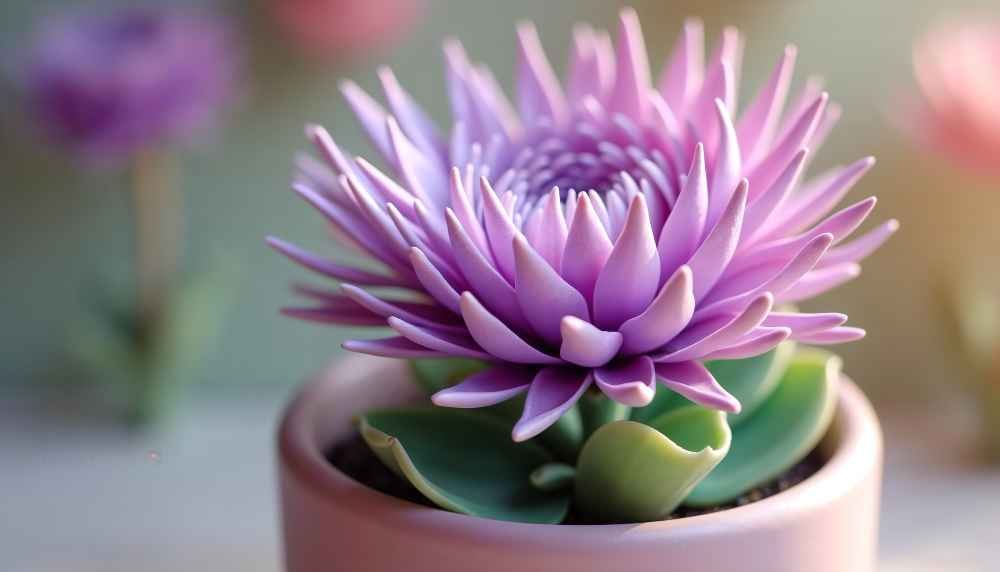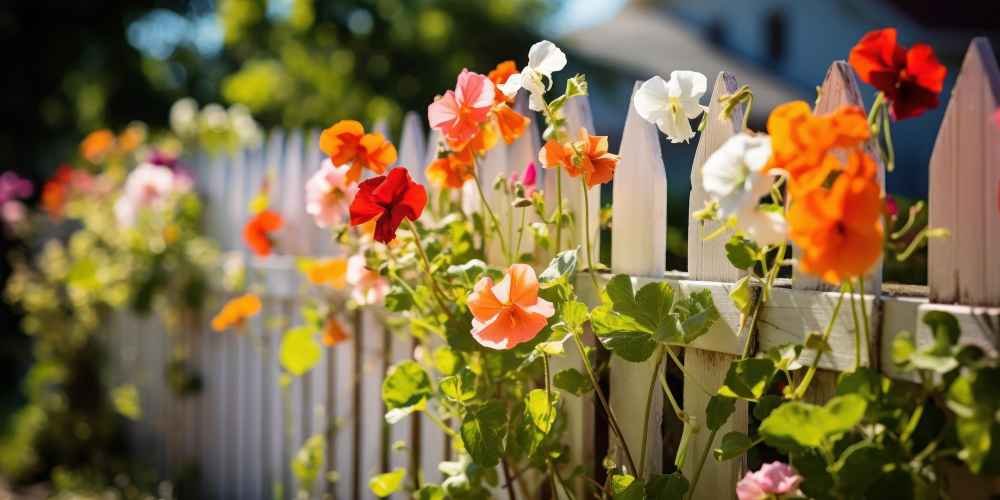Introduction to Do Deer Eat Hydrangeas
Hydrangeas are beloved for their stunning blooms and lush foliage, making them a favorite in many gardens. However, if you live in an area with a high deer population, you might worry about these graceful yet hungry visitors feasting on your plants. So, do deer eat hydrangeas? The answer isn’t straightforward—it depends on several factors.
In this guide, we’ll explore:
- Whether deer find hydrangeas appealing
- Which hydrangea varieties are more deer-resistant
- How to protect your hydrangeas from deer damage
Do Deer Eat Hydrangeas?
Deer are opportunistic feeders, meaning they’ll eat almost anything if food is scarce. While hydrangeas aren’t their first choice, deer will nibble on them, especially in winter or drought conditions when other food sources are limited.
Factors That Influence Deer Feeding on Hydrangeas
- Hydrangea Variety – Some types are less appealing to deer.
- Seasonal Availability – Deer are more likely to eat hydrangeas in late fall and winter.
- Local Deer Population – High deer pressure increases the risk of damage.
Are Some Hydrangeas More Deer-Resistant?
While no hydrangea is completely deer-proof, some varieties are less attractive to deer:
- Oakleaf Hydrangea (Hydrangea quercifolia) – Its fuzzy leaves and textured foliage make it less palatable.
- Climbing Hydrangea (Hydrangea anomala petiolaris) – Deer tend to avoid this vine-like variety.
- Smooth Hydrangea (Hydrangea arborescens) – Less preferred compared to bigleaf hydrangeas.
Bigleaf hydrangeas (Hydrangea macrophylla) and panicle hydrangeas (Hydrangea paniculata) are more likely to be eaten by deer when other food is scarce.
How to Protect Hydrangeas from Deer
If deer are a problem in your area, consider these effective strategies:
1. Use Deer Repellents
- Commercial Repellents – Products like Liquid Fence or Deer Out can deter deer with strong scents.
- Homemade Sprays – Mixtures of garlic, eggs, or hot pepper can keep deer away (reapply after rain).
2. Install Physical Barriers
- Fencing – A 7-8 ft tall fence is the most effective solution.
- Netting or Mesh – Covering young hydrangeas can prevent browsing.
3. Plant Deer-Resistant Companions
Surround hydrangeas with plants deer dislike, such as:
- Lavender
- Boxwood
- Daffodils
- Marigolds
4. Motion-Activated Deterrents
Sprinklers or ultrasonic devices can startle deer and keep them away from your garden.
Conclusion
While hydrangeas aren’t a deer’s favorite snack, hungry deer will eat them if other food is scarce. Choosing less appealing varieties, using repellents, and installing barriers can help protect your hydrangeas.
By taking proactive steps, you can enjoy beautiful, blooming hydrangeas without constant deer damage.
Have deer been a problem in your garden? Share your tips in the comments below!
For more, visit our website, Homethreads







